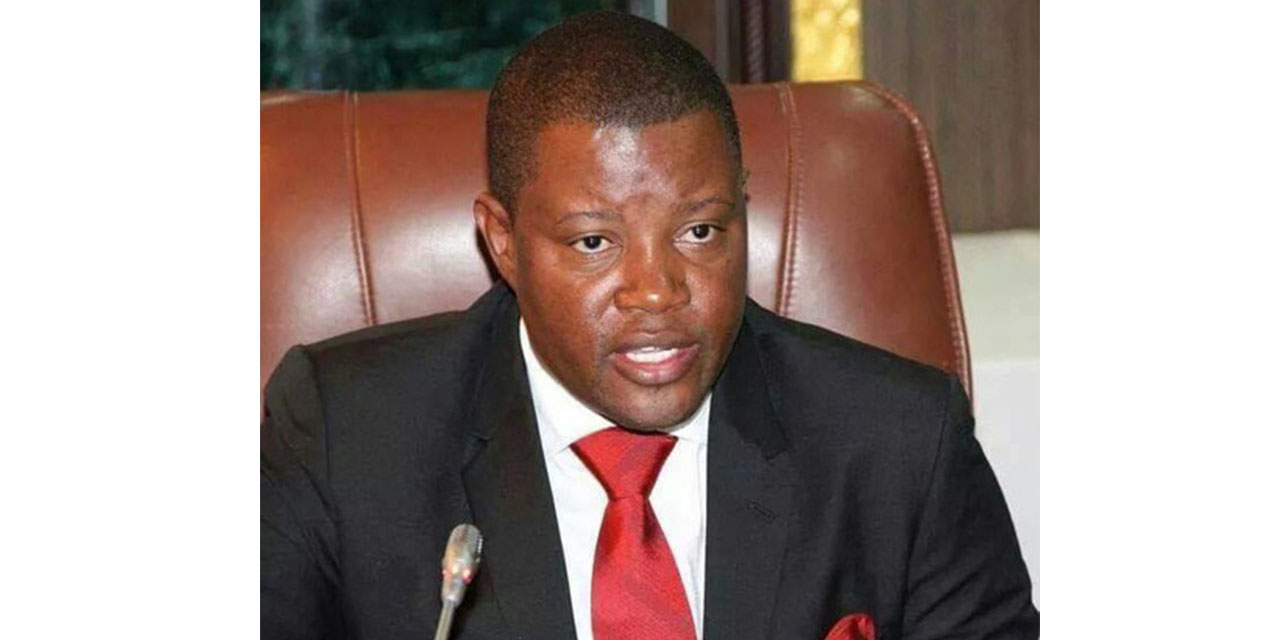Staff Writer
THE N$1.2 billion dollars allocated for agriculture in the 2022/23 budget is insufficient to address the prevailing challenges in the sector, as well as the need to transform the sector.
This was said by McHenry Venaani, the leader of the official opposition, Popular Democratic Movement during his budget contribution in the National Assembly yesterday.
He said the government cannot lose momentum if it is to increase food and nutrition security, reduce poverty and drive economic growth and development.
Venaani reminded the government of the 2003 Maputo Declaration to which it is a signatory which commits an investment of at least 10 percent of the national budget in agriculture to achieve the goals of the African Union’s Comprehensive Africa Agriculture Development Programme.
‘’This threshold remains vitally important, The government must step up efforts and put in place policies that increase public and private investment in sustainable agriculture, inspire innovation and reduce risks. We need to strengthen agricultural value chains – especially those involving staple foods – and boost private sector development and participation,’’ said Venaani.
The leader of the Landless People’s Movement, Bernadus Swartbooi also emphasised on the need for a strong vibrant agricultural sector.
Swartbooi warned that the drought situation in Africa and in Namibia will lead reduce land areas suitable for farming. ‘’We can only remind ourselves of the recent drought, and the strain it placed both on state resources, as well as the extent to which families that were once independent small produces, have now become entirely pauperised.’’
The, he said, leads to what he termed the great agrarian question of the century. ‘’If we do not address the de-peasantisation issue urgently, the deepening of the already perilous slum sprawl will over run this country.
At the present budgetary rate, such development is far and wide off for the majority of Namibians. Many Namibians will continue to live hunger and malnourishment, he pointed out.
At independence land reforms, black economic empowerment, universal health care and access to basic service, housing delivery and transformation of agriculture were identified as the pillars that will be focussed on.
PDM leader, Venaani said value addition in agriculture should be the major pre-occupation of the government. ‘’The sector, however, remains vulnerable to natural disasters and has experienced low and delayed rainfall, which has led to the recurring drought that normally leads to a contraction in both livestock farming and crop production.’’
Quoting from a 2019 report of the National Planning Commission (NPC), he said that ‘’critical factors constraining the performance of the agricultural sector in Namibia include climate change, water scarcity, and high cost of production, access to finance, access to markets, skills shortages, and soil infertility, among others.’’
According to him the sector was expected to transform over the past three decades from predominantly subsistence farming practices to commercial farming, whereby agricultural mechanisation and modernisation methods are deployed.




